On July 15, at the 47th session of the World Heritage Committee of the United NationsEducational , Scientific and Cultural Organization (UNESCO) in Paris (France), Korea was officially selected as the host country of the 48th session of the committee, scheduled to take place in July next year.
According to a VNA reporter in Korea, the global event to recognize and preserve the common heritage of humanity around the world will take place in 2026, in Busan city, Southeast Korea.
This is the first time the East Asian nation has hosted the meeting since the commission was established in 1977.
Previous Asian host cities include Phuket, Thailand in 1994, Kyoto, Japan in 1998, Suzhou, China in 2004 and Phnom Penh, Cambodia in 2013.
As the host country, South Korea will take the lead in coordinating the committee's work during the 2026 session, overseeing the meeting schedule and managing the procedures that shape the meeting's progress.
Established under the World Heritage Convention of 1972, the World Heritage Committee is one of UNESCO's most important executive bodies, with the power to decide on key issues relating to the recognition of world cultural and natural heritage.
The Committee also considers reports on the state of conservation of inscribed sites and calls on Member States to take action when these sites are in danger.
This annual session brings together some 3,000 delegates, including representatives from 196 member states and the Director-General of UNESCO, for a week of dialogue and discussion.
Only 21 elected committee member countries are eligible to host the session. South Korea, currently in its fourth term as a member (2023–2027), is eligible to host under the rules.
“This year is particularly meaningful as it marks the 30th anniversary of Korea’s first World Heritage site being recognized,” said Choi Eung Chon, former director of the Korea Heritage Administration.
The three sites he mentioned—Haeinsa Temple, which houses the 13th-century “Tripitaka Koreana” woodblock prints; Jongmyo Shrine, which houses the ancestral tablets of the Joseon Dynasty (1392–1910); and Seokguram Grotto and Bulguksa Temple in Gyeongju, the capital of the ancient Silla Kingdom (57 BC–AD 935)—were all listed in 1995.
“Korea considers the upcoming session of the World Heritage Committee in Busan to be a truly meaningful moment to reaffirm the common responsibility of all humanity in protecting our common heritage,” Mr. Choi shared./.
Source: https://www.vietnamplus.vn/han-quoc-la-quoc-gia-dang-cai-ky-hop-uy-ban-di-san-the-gioi-nam-2026-post1049899.vnp


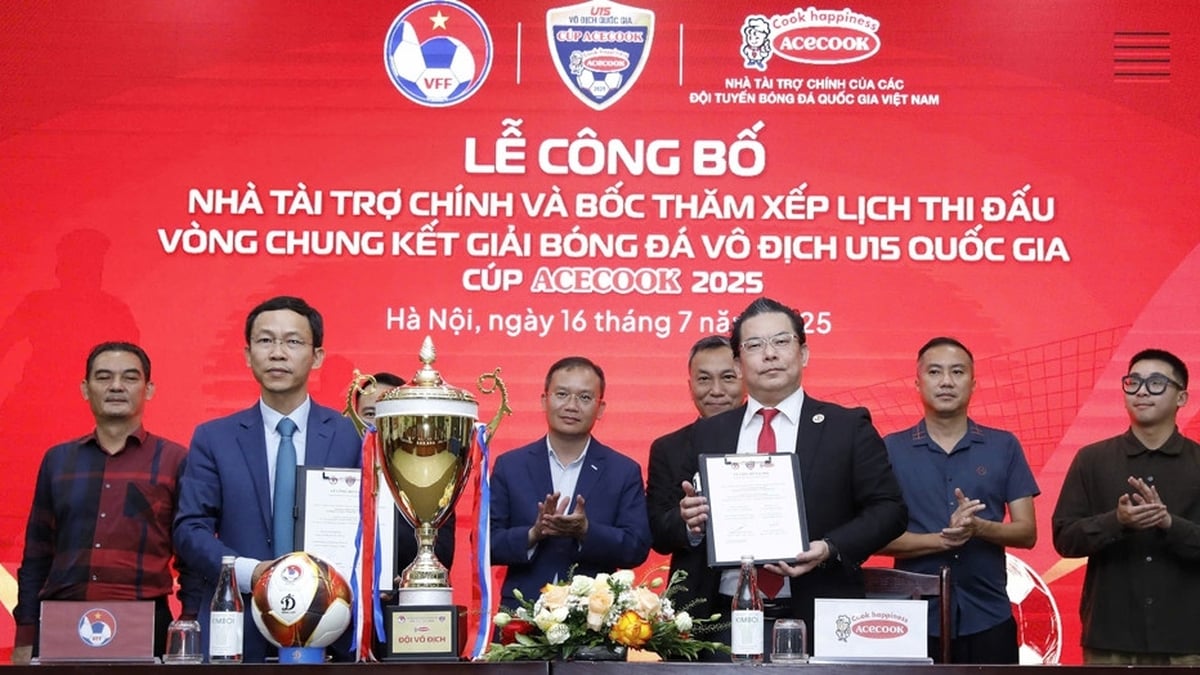
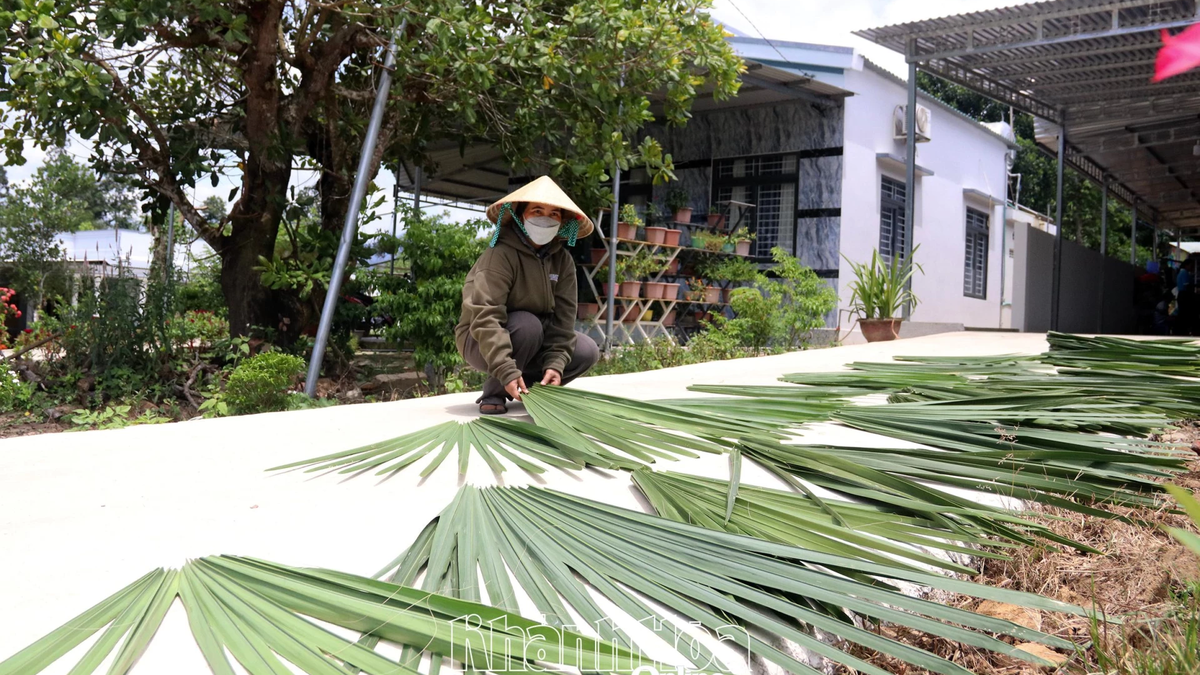
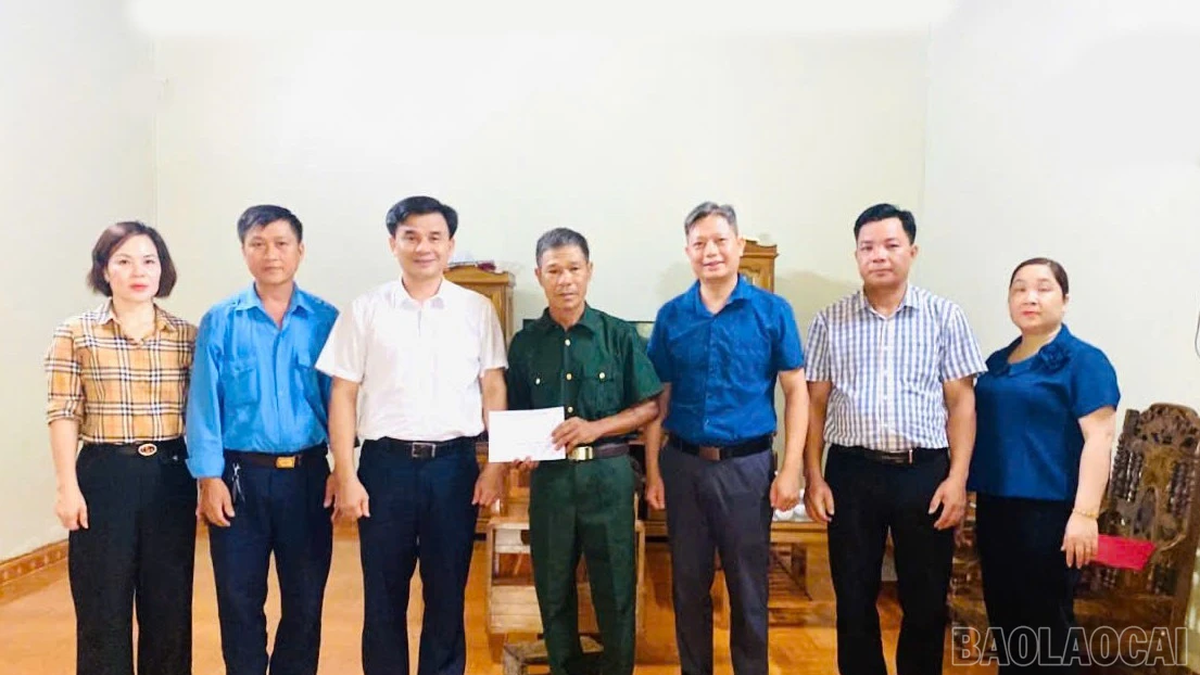

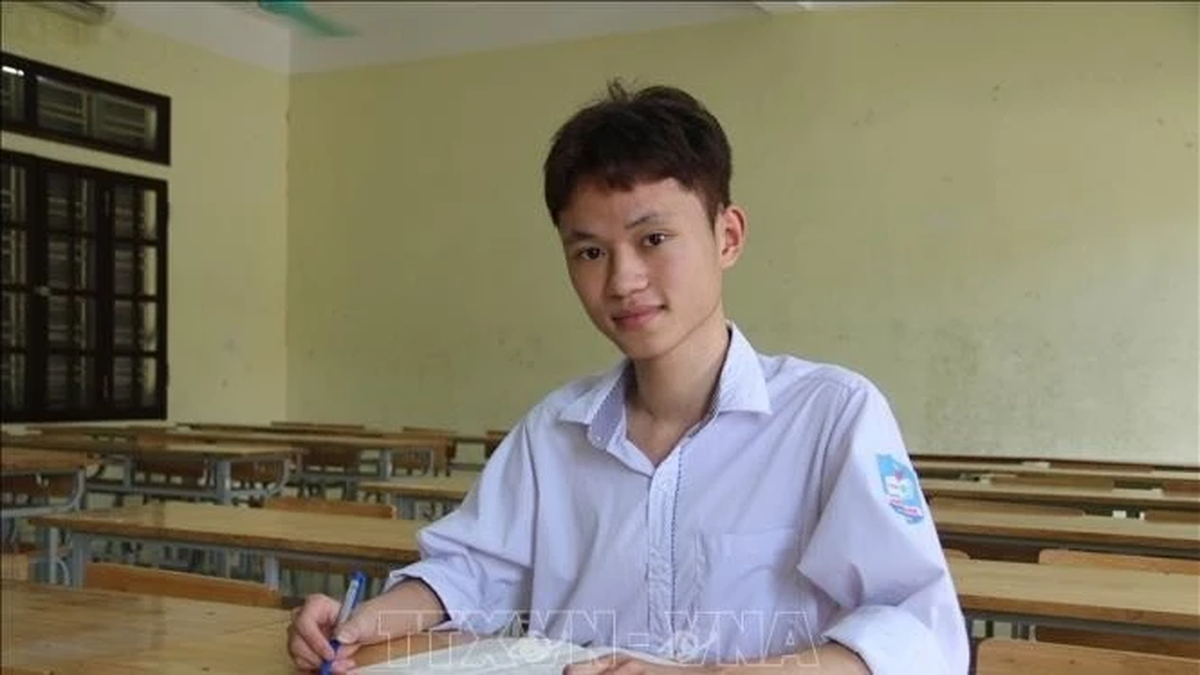
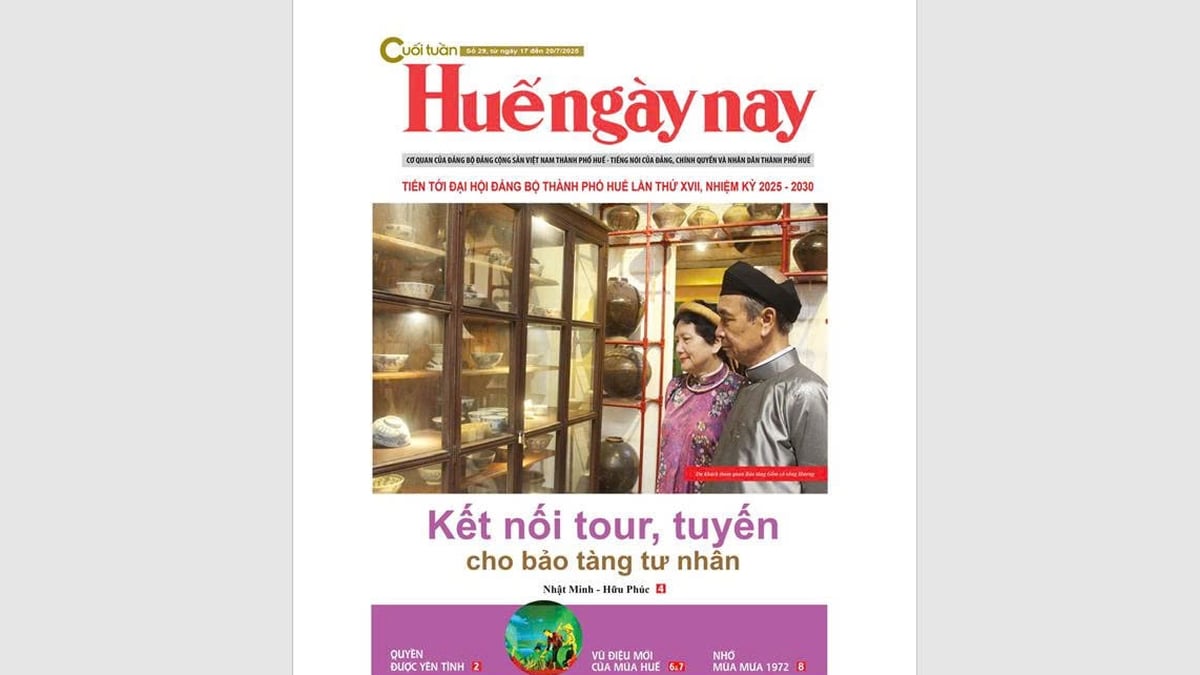
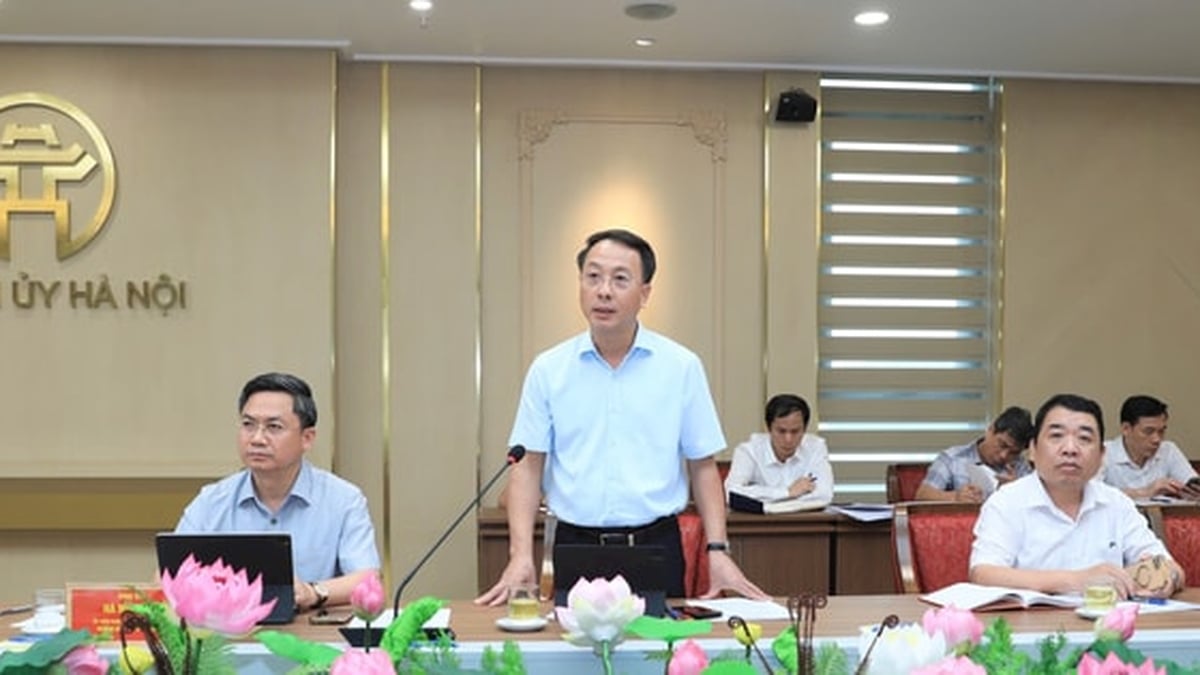
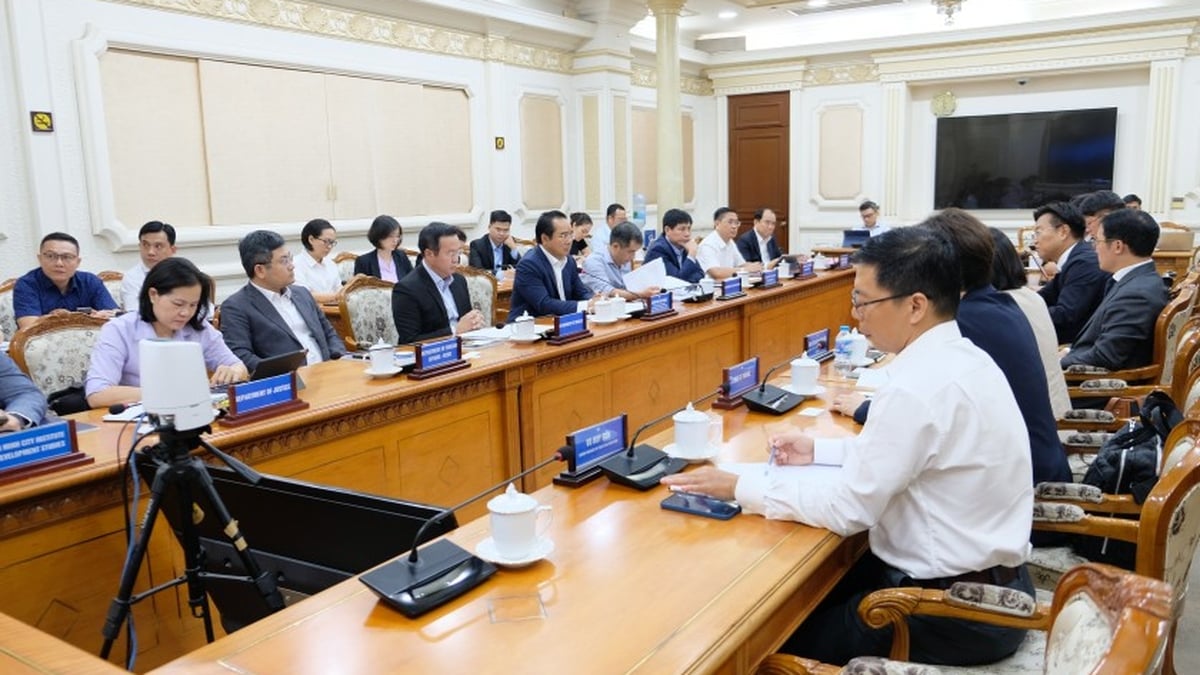
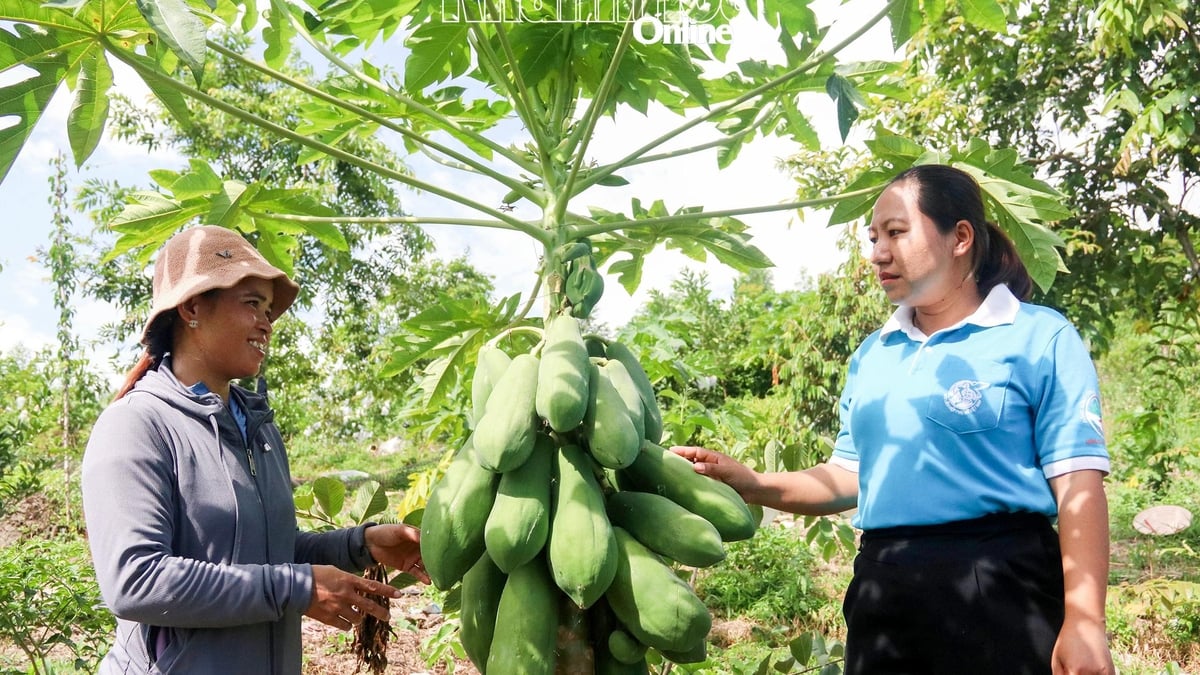
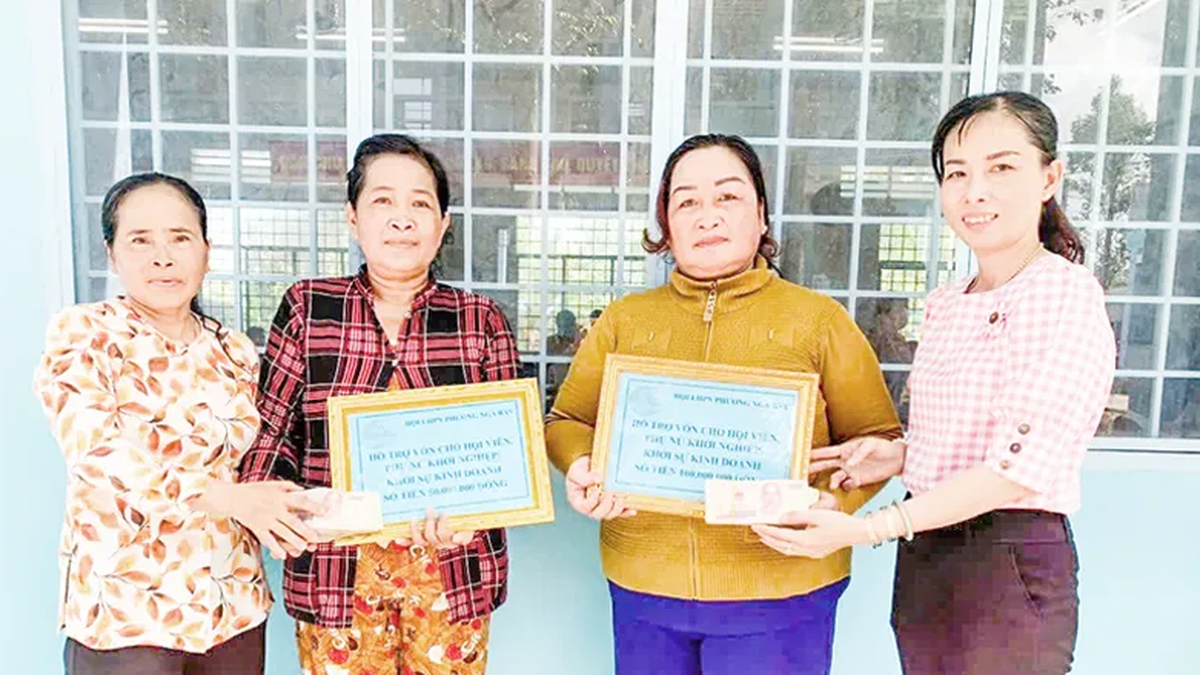







































![[Maritime News] More than 80% of global container shipping capacity is in the hands of MSC and major shipping alliances](https://vphoto.vietnam.vn/thumb/402x226/vietnam/resource/IMAGE/2025/7/16/6b4d586c984b4cbf8c5680352b9eaeb0)













































Comment (0)